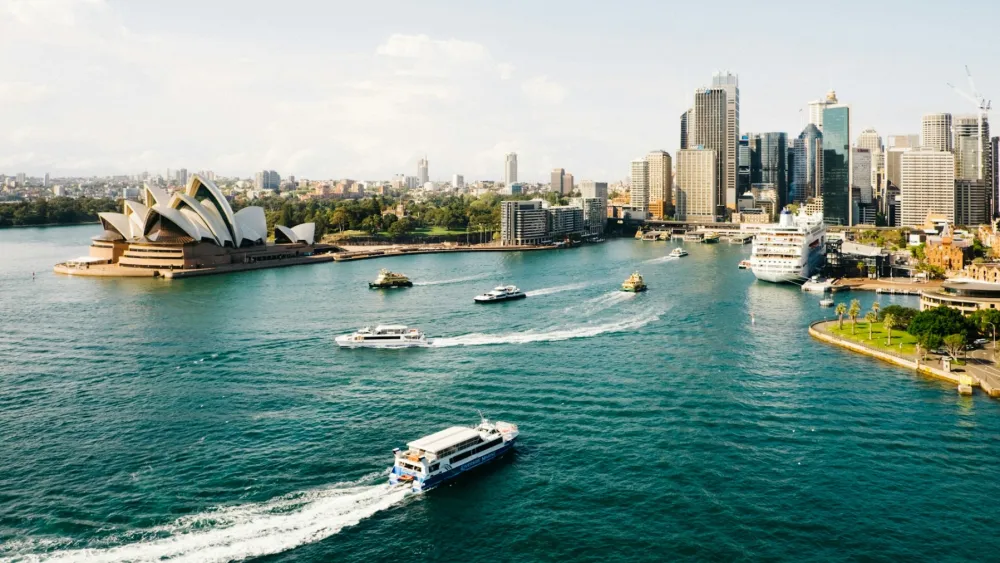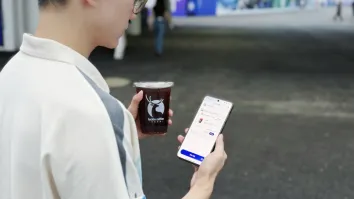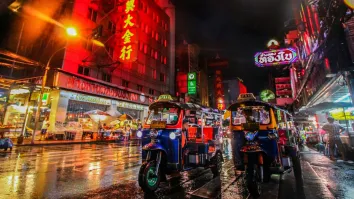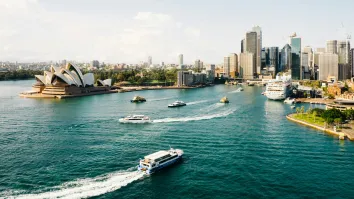Mastercard aims to bring 1 billion people, 50 million MSMEs into digital economy
In SEA, Mastercard launches various programs to drive financial and digital inclusion in secular and community markets.
Mastercard has committed to bringing a billion people and 50 million micro, small, and medium enterprises (MSMEs) into the digital economy by 2025, a global goal that is not without challenges, particularly among entrepreneurs in Southeast Asia.
“If you recall, in 2015, we committed to bring 500 million excluded individuals into the digital economy; and we achieved that goal,” Safdar Khan, division president for Southeast Asia at Mastercard, told Asian Banking & Finance.
Khan said that achievement, although monumental, might not be enough in addressing the digital divide and expressed optimism about reaching their 2025 target.
“Our commitment of bringing one billion people and 50 million micro and small businesses to the digital economy by 2025 is moving at a really fast pace… I will say that we are already well into getting to that,” he said.
In Southeast Asia, Khan revealed that the pandemic has accelerated digital transformation with particularly high growth in markets like Indonesia, Vietnam, Thailand, the Philippines, and Malaysia.
However, he also highlighted the unique challenges entrepreneurs, especially women, face in Southeast Asia and emphasized the importance of including unbanked and underbanked populations, who lack access to the internet and relevant resources.
As a remedy, Mastercard has been focusing on driving financial and digital inclusion in Southeast Asia. “We see a lot of opportunities for growth in these markets. And at the same time, we see a huge opportunity for more to be done for the community, small businesses and individuals alike,” said Khan.
One of the company’s initiatives includes programs focusing on financial literacy in Bangladesh, China, India, Indonesia, Nepal, the Philippines, Singapore, and Vietnam. These programs aim to provide the necessary knowledge and resources for people to make the most of the digital world and to ensure that nobody is left behind in the rapidly changing digital landscape.
Women and communities
Mastercard is also targeting to help 25 million women entrepreneurs grow their businesses, as they often face income, digital, and information inequality.
Khan explained that women seeking to achieve economic empowerment face three major obstacles: income inequality, digital inequality, and information inequality. These challenges have been exacerbated by the pandemic, which has led to job losses and a greater digital divide between men and women.
To address these issues, Mastercard has implemented the Girls4Tech program, which has reached 1.7 million girls in 46 countries, including Indonesia, Singapore, and Malaysia. This program is designed to inspire young girls to build STEM skills and aims to educate 5 million girls in technology, cybersecurity, and artificial intelligence by 2025.
Through these efforts, Mastercard hopes to empower women entrepreneurs and support women-owned businesses worldwide.
Together with Indonesian National Council for Financial Inclusion and Mercy Corps Indonesia, Mastercard launched Mastercard Strive Indonesia, a three-year initiative to empower 300,000 Indonesian small businesses to succeed in the digital economy.
This program aims to address the challenges faced by small businesses, such as access to capital, digital growth, and network expansion. “This was done in conjunction with the Indonesian National Council for Financial Inclusion and Mercy Corps,” said Khan.
By working together with key partners and activating public-private partnerships, Mastercard believes that this program can significantly impact the Indonesian small business community.
Furthermore, the Mastercard Academy 2.0 program, launched in 2019, has already exceeded its target by reaching more than 160,000 Indonesians, equipping them with digital skills to thrive in the country’s digital transformation journey.
The program consists of three workstreams: science, technology, engineering, and math (STEM) education using the Girls4Tech curriculum for school-aged girls; cybersecurity training and certification for vocational students; and digital business mentoring for micro, small, and medium enterprise entrepreneurs and mid-career professionals.
Khan also highlighted Mastercard’s collaboration with Bank Commonwealth and Mercy Corps in Indonesia on a microcredit program for MSMEs. This program has already reached 60,000 MSMEs and 20,000 volunteer mentors, demonstrating the potential impact of capacity building, scaling, and access to capital on small business growth.



















 Advertise
Advertise








Commentary
Asia’s banks hold the mandate to innovate. Now they must earn it.
Why Asia's banks are rebuilding their credit infrastructure in 2026
Banks retreat, private credit advances: Asia Pacific’s quiet lending revolution
Human Sparsity Blockchain: A citizen-validated ledger for digital finance supervision
Will stablecoins disrupt the banking business?
Digital transformation starts with leadership